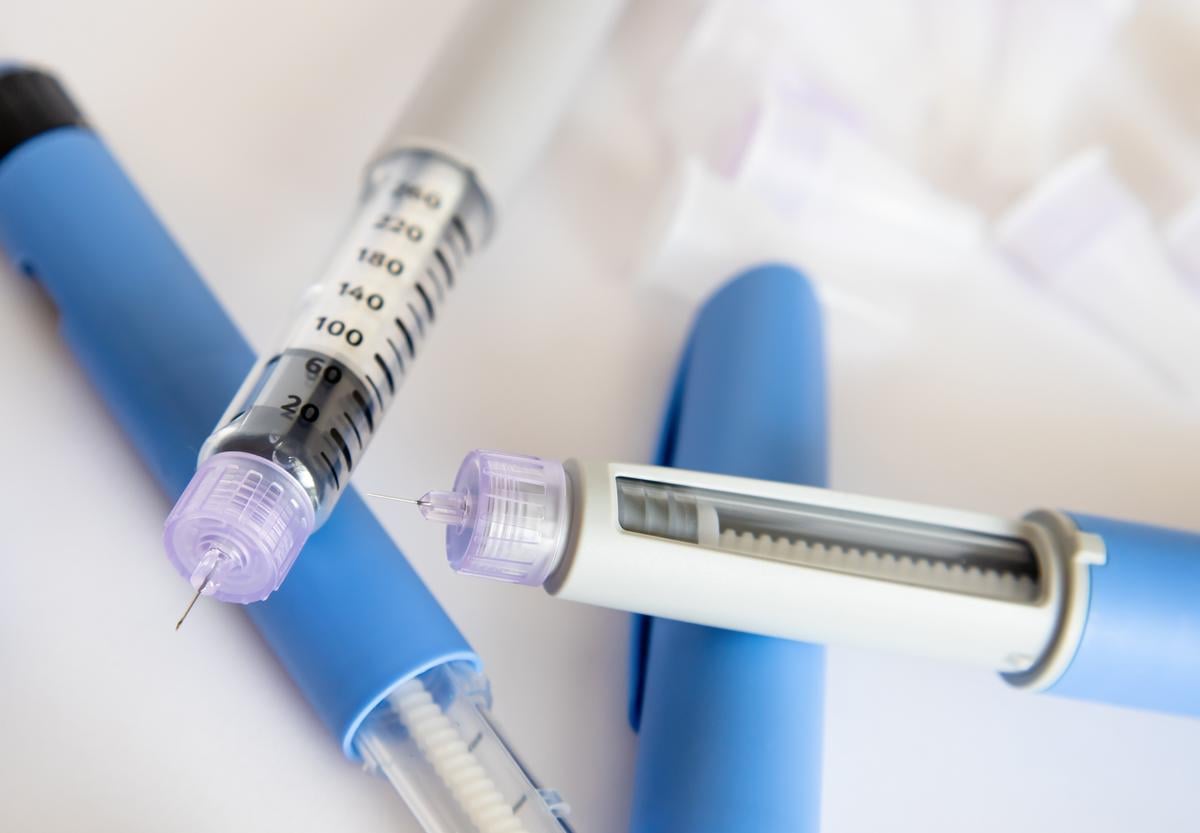Reduction seen in risk for readmission, wound dehiscence, and hematoma, but no significant differences seen in rates of infection, bleeding
By Elana Gotkine HealthDay Reporter
MONDAY, Jan. 13, 2025 (HealthDay News) — For patients with diabetes undergoing a surgical procedure, an active perioperative glucagon-like peptide-1 receptor agonist (GLP-1 RA) prescription is associated with reductions in risk-adjusted readmission, wound dehiscence, and hematoma, according to a study published online Dec. 20 in the Annals of Surgery.
Seth Z. Aschen, M.D., from Weill Cornell Medicine in New York City, and colleagues examined the rates of surgical complications and postoperative readmission in patients with diabetes, with and without perioperative prescriptions for GLP-1 RA medications in a retrospective, observational cohort analysis. Patients with type 1 or type 2 diabetes undergoing a surgical procedure between February 2020 and July 2023 were included.
Overall, 27.2 percent of the 74,425 surgical procedures in 21,772 patients included in the analysis were performed in the setting of an active GLP-1 RA prescription. A total of 35,020 procedures performed in 13,129 patients were propensity score-matched. The researchers found that the active GLP-1 RA prescription group had a significantly lower risk for 30-day readmission and 180-day postoperative wound dehiscence and postoperative hematoma after matching (relative risks, 0.883, 0.711, and 0.440, respectively). The rates of infection and bleeding did not differ significantly.
“With the rapidly increasing prevalence of GLP-1 RA use in patients with and without a diagnosis of diabetes, an understanding of its effect on postoperative complications is critical,” the authors write.
Copyright © 2025 HealthDay. All rights reserved.








